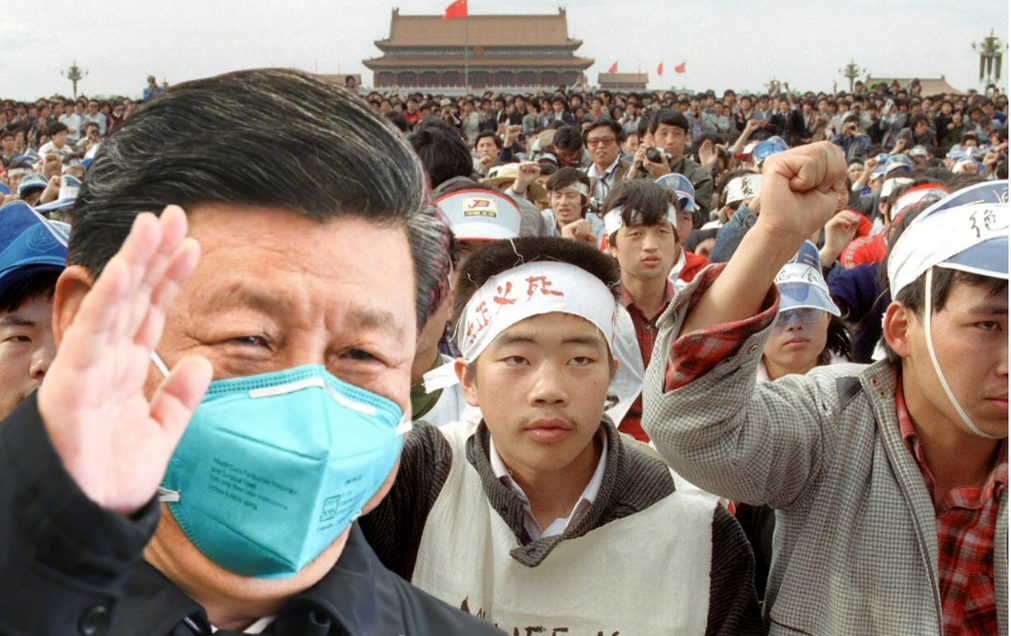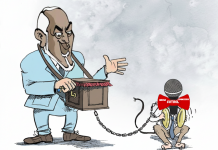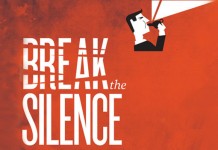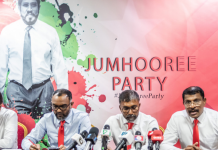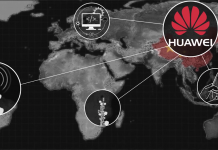An internal Chinese report warns that Beijing faces a rising wave of hostility in the wake of the coronavirus outbreak that could tip relations with the United States into confrontation .
Report Highlights :-
- Beijing faces a wave of anti-China sentiment
- Armed confrontation between the two global powers
- China’s rise as an economic and national security threat and a challenge to Western democracies
- China’s efforts to silence scientists, journalists, and citizens and spread disinformation
- Anti-China sentiment sparked by the coronavirus could fuel resistance to China’s Belt and Road infrastructure investment projects .
- Chinese authorities delayed informing the world about the deadly Virus
The report, presented last month by the Ministry of State Security to top Beijing leaders including President Xi Jinping, concluded that global anti-China sentiment is at its highest since the 1989 Tiananmen Square crackdown.
As a result, Beijing faces a wave of anti-China sentiment led by the United States in the aftermath of the pandemic and needs to be prepared in a worst-case scenario for armed confrontation between the two global powers.
The report was drawn up by the China Institutes of Contemporary International Relations (CICIR), a think tank affiliated with the Ministry of State Security, China’s top intelligence body.
CICIR, an influential think tank that until 1980 was within the Ministry of State Security and advises the Chinese government on foreign and security policy.
The report shows how seriously Beijing takes the threat of a building backlash that could threaten what China sees as its strategic investments overseas and its view of its security standing.
Relations between China and the United States are widely seen to be at their worst point in decades, with deepening mistrust and friction points from U.S. allegations of unfair trade and technology practices to disputes over Hong Kong, Taiwan and contested territories in the South China Sea.
The paper concluded that Washington views China’s rise as an economic and national security threat and a challenge to Western democracies, the people said. The report also said the United States was aiming to undercut the ruling Communist Party by undermining public confidence. Chinese officials had a “special responsibility” to inform their people and the world of the threat posed by the coronavirus .
The report described that anti-China sentiment sparked by the coronavirus could fuel resistance to China’s Belt and Road infrastructure investment projects, and that Washington could step up financial and military support for regional allies, making the security situation in Asia more volatile.
Three decades ago, in the aftermath of Tiananmen, the United States and many Western governments imposed sanctions against China including banning or restricting arms sales and technology transfers.
Read the Full Article – China faces Tiananmen-like global backlash

